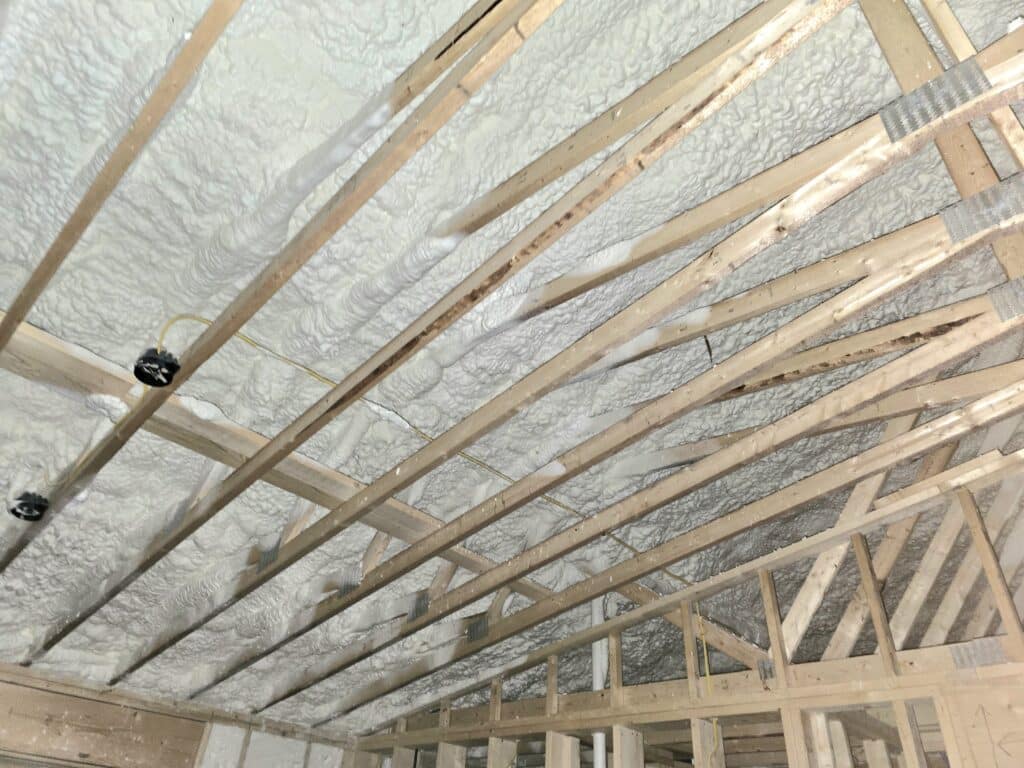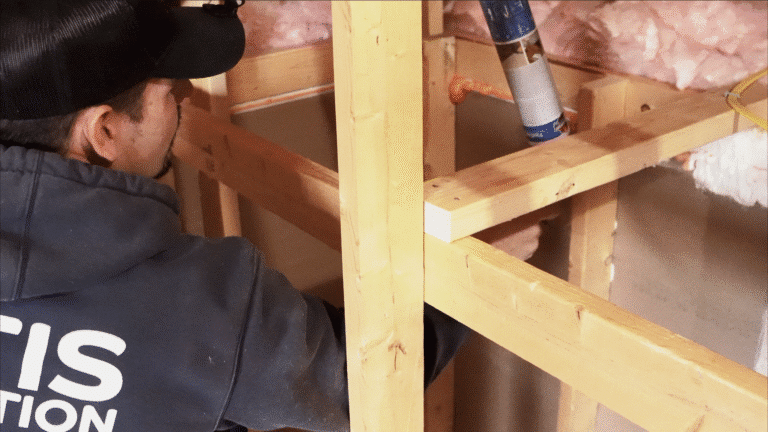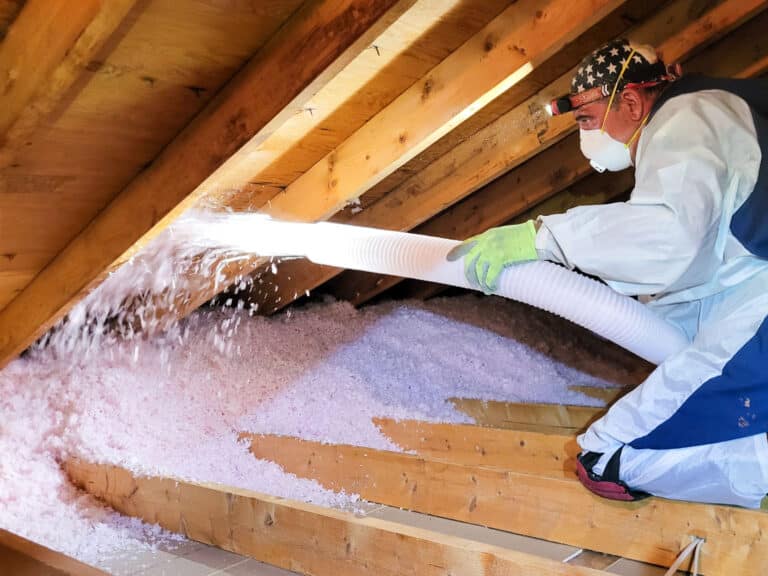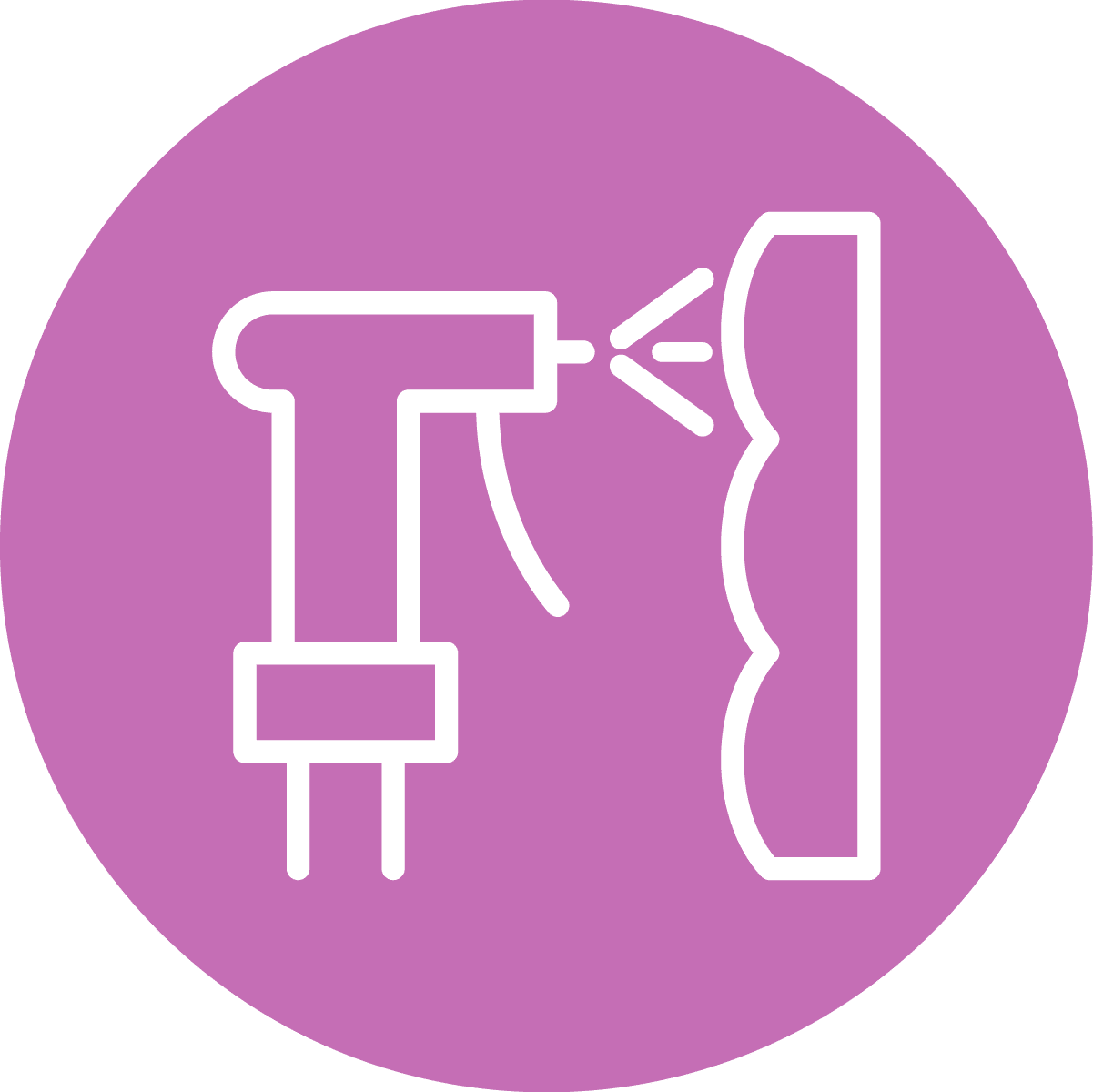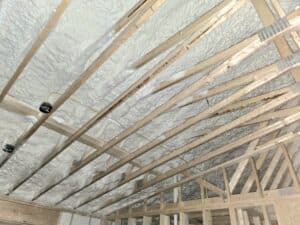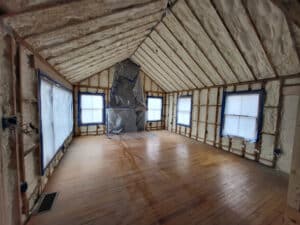In Northeast Pennsylvania — and across the entire state — the primary energy standard is the 2018 International Energy Conservation Code (IECC). This code is enforced through the Pennsylvania Uniform Construction Code (UCC). While local jurisdictions can add stricter measures, they cannot relax the state-mandated code requirements.
Northeast PA Climate Zones
Northeast PA falls into two different climate zones under the IECC, which can sometimes create confusion when it comes to building requirements:
-
Zone 5: Pike, Monroe, Carbon, Luzerne, Wyoming, and Lackawanna counties
-
Zone 6: Wayne and Susquehanna counties
Key Difference:
Zone 6 has stricter insulation (higher R-Value) requirements than Zone 5. However, to avoid compliance issues, it’s highly recommended to build to Zone 6 standards throughout the region. Many building inspectors, even in Zone 5 counties, prefer or require adherence to Zone 6 R-Values.
Required Insulation R-Values and Cavity Thickness
| Assembly | Required R-Value | Fiberglass Insulation Thickness | Closed Cell Spray Foam Thickness |
|---|---|---|---|
| House Floor | R-30 | 10″ — Best installed in 2×10 floor joists to prevent compression | 4.5” of Closed Cell Spray Foam (Ideal under-grade) |
| Exterior Walls | R-21 | 5.5″ — Standard for R-21 batts | 3” of Closed Cell Spray Foam |
| Sloped Roof/Ceiling | R-38 | 10”-12” — 12″ batt most common; R-38C fits 2×10 cavities, 9.5″ | 5.5” of Closed Cell Spray Foam (great for retrofits with 2×6 rafters) |
| Flat Roof/Ceiling | R-49 | 14″-17″ — 14″ batt or up to 17″ loose-fill | Hybrid approach: 3” Closed Cell Foam + Fiberglass for additional R-Value |
NOTE: Open Cell Spray foam thickness requirements are close to fiberglass, because of similar R-Value per inch of thickness
Additional Considerations
-
Continuous Insulation:
If inspectors require even higher R-Values, installing rigid foam boards on the exterior (Continuous Insulation) is an excellent option. This method also allows for shallower wall framing by reducing the required thickness of cavity insulation. -
Air Sealing:
Air leakage control is critical. New homes must pass a blower door test to verify air tightness, an essential part of meeting code requirements.
Protect your investment and avoid costly mistakes — when in doubt, aim for Zone 6 standards!
Need help meeting or exceeding energy code requirements? Contact Us for expert advice and professional insulation services.


